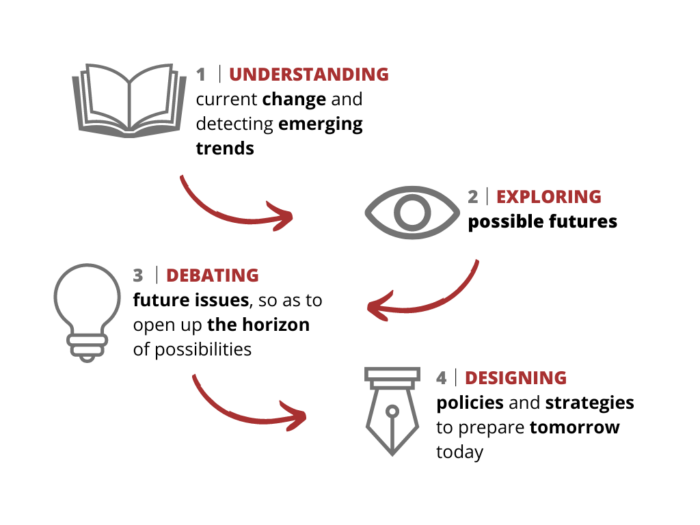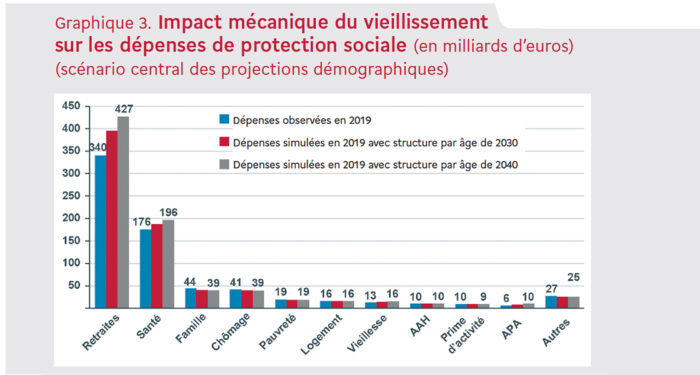The future of pensions, mainly based on the principle of redistribution, provokes legitimate concern in European countries, due not only to the aging of the population but also to the evolving socio-economic context. While we may be unable to predict how the latter will evolve in the next decades, some trends are worrisome : globalization of the economy, for example, and its corollary of international competitiveness, forces entreprises, to be more cost-competitive and to minimize their contributions to social programs, including the unemployment problem.
In such a context, it is not difficult for some to raise the spectre of failure of the redistributive pension system and the spectre of intergenerational warfare, while others promote the merits of capitalization. To set capitalization and pay-as-you-go in opposition is nevertheless a false debate, according to Giovanni Tamburi. These two techniques of financing are more complementary than opposing. In fact, many European countries have made highly opportune reforms and are evolving toward a mixed system.
The author describes these reforms and shows how elements of capitalization can be introduced into the systems of pay-as-you-go (investing part of the contributions into saving funds) and concludes by describing the costs and modalities of financing pensions. He stresses that pay-as-you-go systems jeopardize job creation.
L'avenir des retraites en Europe
Cet article fait partie de la revue Futuribles n° 244, juil.-août 1999



